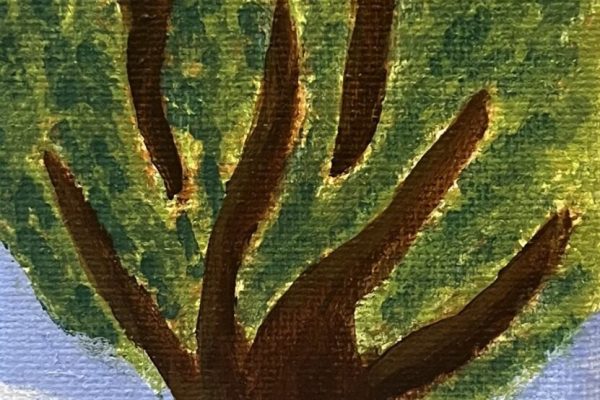In Judaism, traditions around death have two purposes: to comfort the living and to show respect for the dead. Understanding some of the more nuanced Jewish traditions and rituals for caring for a body before the funeral may help provide some support in a grieving process.
Here are a few translations of the words used in the video:
“Nihum Avelim” (“לנחם את החיים” meaning “comfort the living”)
“Kavod Ha-Met” (“כבוד המת” meaning “Honoring the Dead”): to show respect for the dead.
“Levayah” (“לְוָיָה” Hebrew for “funeral”)
“Shmirah” (“שמירה” meaning ”watching” or “guarding the body”): it is traditional to never leave a body alone.
“Tehillim” (“תהילים”, “praises” or “Psalms”)
“Taharah” (“טָהֳרָה” meaning “the Ritual Purification of the body”)
“Chevra Kaddisha” (“חברה קדישא”, meaning “a burial society”)
“Mikveh” (“מקווה” meaning “a collection”): a bath used for the purpose of ritual immersion
 As part of Ritualwell’s partnership with BimBam (formerly G-dcast), we present a series of videos that share personal stories about Jewish lifecycle events.
As part of Ritualwell’s partnership with BimBam (formerly G-dcast), we present a series of videos that share personal stories about Jewish lifecycle events.
BimBam (formerly G-dcast) is a new media studio making Jewish videos, apps and animated series that are joyful, empowering introductions to Jewish ideas and life for kids & adults. To learn more about BimBam (formerly G-dcast), visit http://www.bimbam.com
The Lifecycles Project was made possible with generous support from The Koret Foundation, as part of their Initiative on Jewish Peoplehood.











